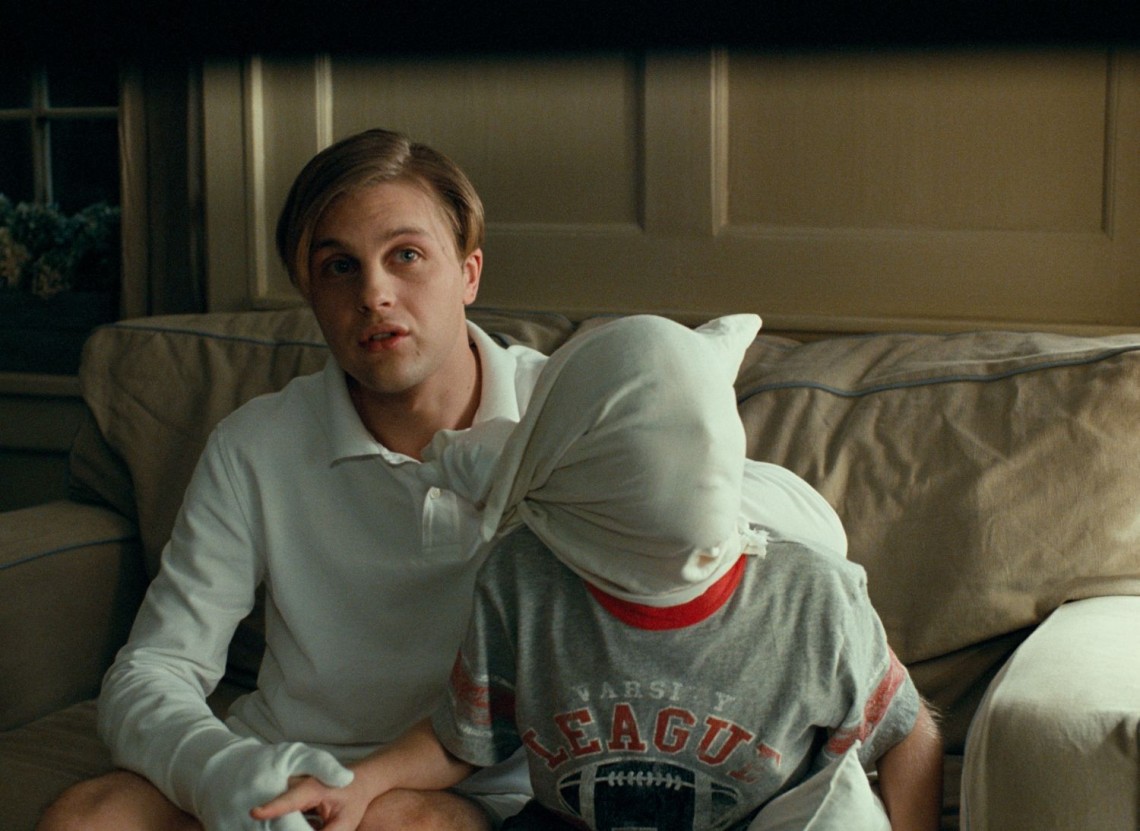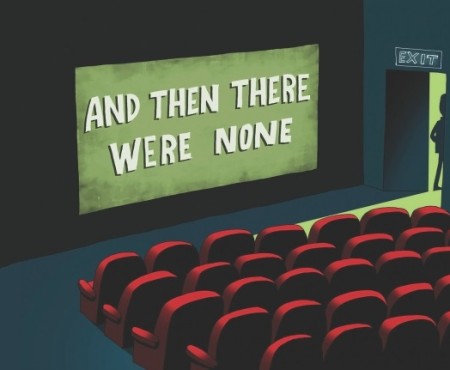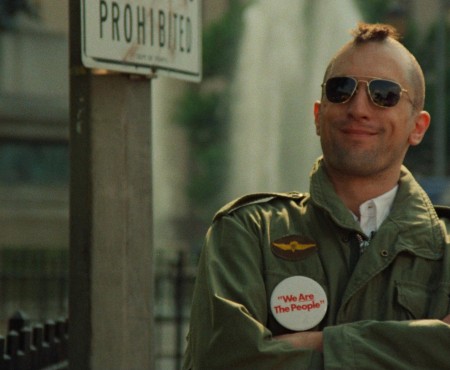This week’s critic survey written by Samuel Adams struck a chord when he asked “Is it okay for movie critics to walk out of a film (or turn off a screener), and if so, can they write about it?”
Now the answer to the first portion of Adam’s query is obvious enough, there are moments when life really is too short and a critic feels the need to walk out on a movie and that is fine. Certainly during film festivals or weeks heavy on press screenings, a critic has to know when to say when, but writing about the film afterward? That particular addendum garnered more divisive responses.
After reading a few critic responses, there isn’t a consensus answer for Adam’s second question. Jordan Hoffman of Screen Crush offers that writing about the film is fine as long as it is made clear to the readers that part of the film was skipped. Salt Lake City Weekly’s Scott Renshaw makes the objection that as soon as a critic walks out, that any recap is no longer a review. The Star-Ledger’s Stephen Whitty nailed the problem with walking out and reviewing by remarking “imagine reviewers in 1960 who walked out of Psycho after 15 minutes, complaining it was just another robbery picture.” Would it have been right for them to say anything about the picture?
Despite what some of the critics had to say, just how fair is to walk out of a movie when they are asked to cover it for a publication? The Toronto Star’s Peter Howell feels the only acceptable excuses for those walk-outs would be emergencies or if the theatre itself were on fire. That may seem a bit excessive, but given how many would love to be in their position, the justification for leaving the picture would have to be quite convincing. Leaving on your private time is fine, but not on critic’s time, not at the cost of turning in a score for readers to consider. Otherwise, as Mr. Howell acknowledges, “the critic should question whether they’re really in the proper line of work.”
Hey critics – I’ve NEVER walked out of a movie, and nobody pays me to watch them. I have taken some nice, long bathroom breaks, though.
— Daniel Lunsford (@peachfish42) February 10, 2014
Giving up on a movie is hardly considered popular by movie fans who would give their left arms to be in the same position. Being a movie critic is a privilege—there are few professions that exist solely out of passion for a medium—as such, walking out should be a last alternative for critics. Watching movies is certainly not a difficult task and there is something to be said for the bond between readers and a reviewer who sticks it through some bad movies in hopes of unearthing a gem under the rubble of mediocrity.
Of the thousands of movies I have seen only Funny Games provoked enough anger in me to consider leaving the showing, but out of a misplaced sense of not wanting Michael Haneke to feel like he won, I stayed. That experience is by no means a litmus test of whether a film critic should sit through every feature, though it doesn’t seem like too large of a task for those who are supposed to be documenting film throughout the ages.





















One thought on “When to Say When on Walking Out of a Movie”
If you’re paid member of the media, it’s never OK to walk out of a movie you’ve been assigned to review. If I was the assigning editor and found out my writer bugged out of a screening, I’d not be happy.
If the writer was a freelancer, I wouldn’t work with the person again. If the writer was on staff, they would face some discipline. The analogy I would use is this: If a reporter left a assignment in the middle of the story, it would be considered shirking their job duties. Same with someone who’s been assigned a movie review.
If you’re an amateur (in other words, someone who isn’t paid for the work of writing, not a reflection of your writing quality) or working for your own website or blog, then you can decide your own policy.